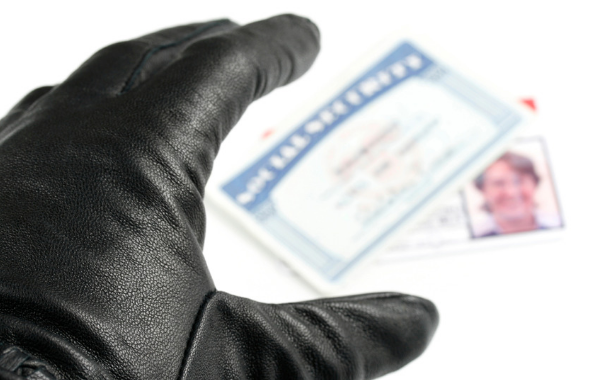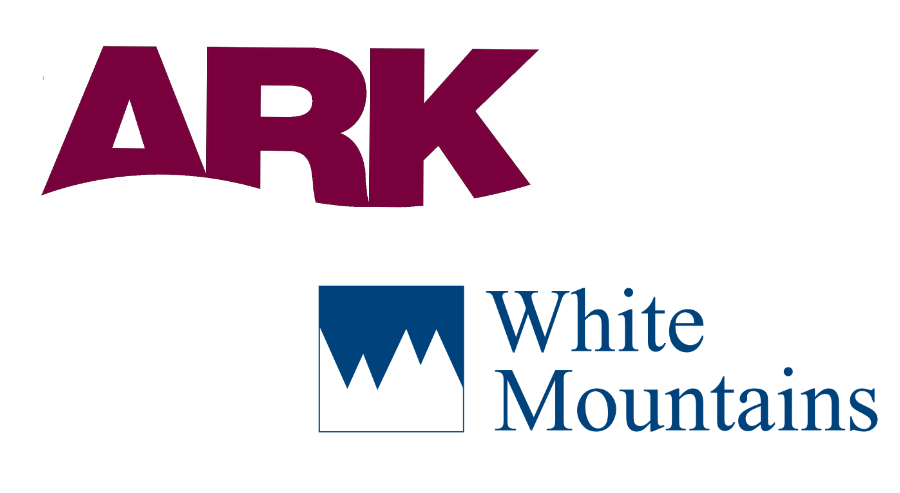
New Year’s Eve is truly a worldwide celebration associated with hundreds of different cultural traditions.In the U.S., people watch the ball drop in Times Square in New York City.Canadians embrace the winter with ice fishing and polar bear swims.
Revelers swing flaming fireballs at Hogmany in Scotland.Romanians dress like bears and dance in the streets.The Germans eat donuts; the French eat crepes, and the Danes smash china for good luck.
No matter what your New Year’s Eve tradition involves, New Year’s Day starts a brand new year.It is a time to reflect and make resolutions to improve your life in the year ahead.As you make your plans for 2019, resolve to take some easy steps to ensure a safe, healthy, and wealthy New Year for your identity.
Here are some tips: Safe identity Keep your identity safe by raising your awareness of the risks of identity theft and practicing discretion with your personal information.In the U.S.alone, 16.7 million people become victims of identity theft annually.[1] Globally, there were 178 million victims of cybercrime last year, impacting 44% of all consumers.[2] Identity theft happens all around you, all of the time.
Protect your personal information and try to be selective about the types of businesses you provide sensitive information.For example, if you are joining a new gym, is there really a reason to give them your personal identifying number? If in doubt, ask why they want it and then make your own decision.Speak softly and be aware of those around you if you need to verbalize personal information at a doctor’s office, bank, or other institution.
Another way to reduce risk to your identity is to keep a secured backup of your personal documents such as your passport, drivers license, credit card, and bank account numbers.Speaking of personal documents, when you clean out file cabinets or throw away mail, check carefully for personally identifying information.Shred anything that might be useful to an identity thief.
Healthy identity You have worked your entire life to develop a good reputation.Take care about what you share online through social media.Carefully set up your privacy settings on each social platform.
Make sure your children understand what is safe and healthy to share online and what is not.Safeguard the health of your computer in order to secure your identity online.Keep antivirus and malware protection software up to date, and install operating system updates.
Make a regular backup of your computer hard drive, so that you can recover quickly in the event of a phishing or ransomware attack.Use good password hygiene, including upper- and lower-case letters, numbers and symbols in each unique password.For added convenience and protection, consider using a password manager app to generate strong passwords and store them securely for you.
Wealthy identity When identity thieves strike, they usually target your financial information.In 2018, cybercrime cost victims $172 billion globally, so it can have a big impact on your financial health.[3] That is why you need to take extra precautions to safeguard your financial identity.Do not use the same passwords for online banking that you use for other types of accounts.
Never access online bank accounts over public Wi-Fi networks, because they are not as secure as private, password-protected networks.Do not log onto online banking from public computers, such as those found at a library or hotel business center.Pull your credit reports regularly to check for errors.
Request reports from all major credit bureaus.Consider signing up for a credit and identity monitoring service to alert you right away to any suspicious activity or new credit accounts opened in your name.Content provided by CyberScout—We’ll take it from here.
[1] 2018 Identity Survey, Javelin Strategy & Research
[2] 2017 Norton Cyber Security Insights Report Global Results
[3] 2017 Norton Cyber Security Insights Report Global Results
Share this:FacebookTwitterLinkedInMoreEmailPrintLike this:
Related
Publisher: Central Insurance Companies








